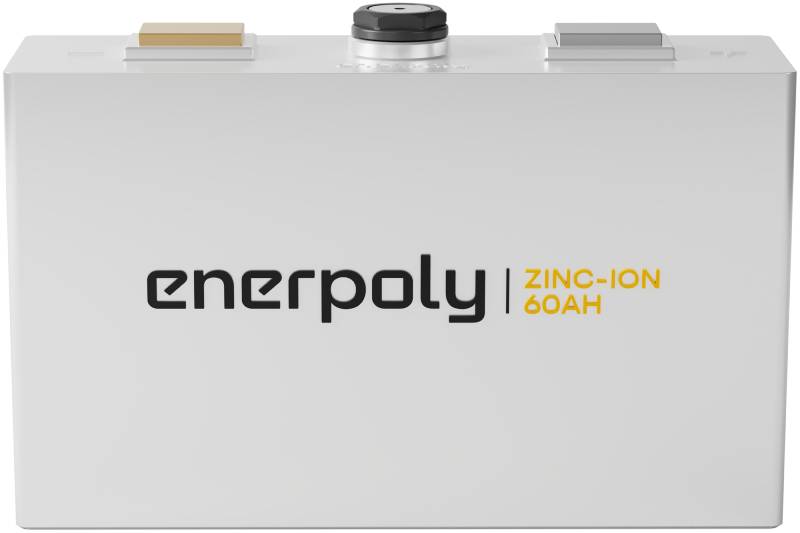
Megafactory Funded by Swedish Zinc-Ion Battery Startup
- Business
- December 14, 2023
By 2026, the Swedish startup Enerpoly, which creates zinc-ion battery storage systems with two to ten-hour durations, intends to increase output to 100 MWh annually.
From the TV Magazine Worldwide
With the help of a three-year grant for SEK 88.5 million ($8.4 million) from the Swedish Energy Agency, Swedish zinc-ion expert Enerpoly will be able to showcase its patented technology by building the first megafactory in the world to produce zinc-ion batteries.
The industrial plant’s financing process has officially begun with the award. Through a Series A funding round, Enerpoly will raise additional private funds to supplement the $13.8 million it has already raised.
“Enerpoly’s current production line is 100 kWh a year,” Enerpoly CEO Eloisa de Castro told pv magazine. “We plan to have the factory up and running in 2026 and aim to have the production scaled to 100 MWh a year by the end of that same year.”
Zinc-ion battery production can be “affordably and profitably mass-produced at scale, with attractive returns for investors,” according to Enerpoly’s mission statement.
According to the company, the project roadmap for the award includes creating automated manufacturing systems to optimize workflows, enhancing cell production’s energy efficiency, and guaranteeing maximum productivity and plant safety. In addition, Enerpoly plans to improve intellectual property protection, develop a sustainable European value chain, and increase its staff in Sweden.
Enerpoly used plentiful resources to develop its zinc-ion battery technology. In particular, it employs a water-based electrolyte as the cathode and zinc metal as the anode. It uses prismatic form factors in the construction of its unique battery cells.
The ideal uses for Enerpoly’s batteries are medium- to long-term stationary energy storage applications with two- to ten-hour discharge times.
According to reports, the modular battery technology has non-flammable and non-explosive qualities, making it ideal for usage in demanding applications like highly populated urban regions and essential infrastructure. The UL 9540A standard has been used to test Enerpoly batteries.
The 3 kWh battery packs have dimensions of 800 x 177 x 432 mm and a weight of 60 kg. The temperature range in which they function is -10 C to 50 C. With a nominal capacity of 60 Ah, the nominal voltage is 48 V. With a continuous power output of 1.4 kW, the battery packs offer a maximum charge/discharge power of 2.8 kW.
Under an EU-funded joint project with Austrian company EET, Enerpoly announced in February that it would be developing prototypes of a home plug-in storage system with rechargeable zinc batteries across Europe.
The collaborators will create plug-in storage system prototypes using rechargeable zinc batteries as part of the “ZincMate” project. ZincMate’s technological foundation is EET’s on-grid technology combined with Enerpoly’s reasonably priced batteries.
Photovoltaic systems with energy storage that can be installed on a balcony and connected to a power outlet are manufactured by EET. EET was established in 2017 and is purportedly the first firm making storage devices that non-technicians may install on their own.
The integrated and patented measurement technology that forms the technological core of EET’s SolMate gadget is capable of evaluating a household’s energy consumption through the use of a power outlet connection. This removes the requirement for further installation or grid connection for a home.
“Currently, EET’s SolMate device is equipped with a state-of-the-art lithium-ion battery and it’s obvious that battery technology needs to improve,” EET CEO Christoph Grimmer said earlier this year. “Moving to zinc-ion technology for residential applications is the next step in the right direction.”